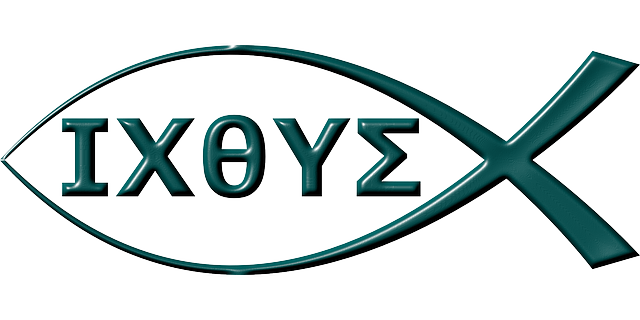The next morning, several of us gathered together at 7:30 am in front of the Erdman Conference Center for a Meditative Walk. It was one of those perfect spring mornings, where the angle of the sunlight was so sharp and the air so crisp that you could have cracked it open with your teeth. We took the walk in silence, trooping down the sidewalks of Mercer Street, which is lined by a number of vastly tasteful Victorian homes (surely indwelled by a number of vastly tasteful tenured Princeton professors), and then through a park where we stopped to prayerfully bask in the bright morning sun. It was refreshing and invigorating. Lord knows we needed it, because as it turned out, the day before us was going to require a good deal of spiritual heavy lifting.
Day two of the Princeton Event was designed to be a collaborative forum for the participants to discover practical ways to better connect their spiritual lives to their professional lives. This, however, I have found to be a very tricky subject. Sure, it’s great fun to talk about our faith, and to discuss theological frameworks or scriptural backing to confirm that our work is all part of God’s purpose and plan for our lives. But then I go back to my job – and then what? How does God’s presence help me deal more effectively at my job with decision-making? How does that help me to be a better leader for my team? How does my spiritual life make a difference in how I negotiate a deal? Usually I just end up forgetting about God, and get into the busy routine of the work-day.
Our leader, Dr. Stephen Payne, kicked off the morning discussion by assuring the group that he didn’t have the answers to any of those questions. Per se. Instead, he said, we were going to work on figuring all of this out ourselves, as a group. Then he challenged us with this: What will we do differently after we leave this conference? Gosh, we haven’t even started yet, and he’s already putting pressure on is to deliver results! This is not your typical seminar where you can sit there passively taking notes and drift off thinking about your plans for next weekend. We were going to have to work hard to get our money’s worth. Because at the root of this entire workshop is a profound and nagging mystery: How do we make our spirituality in the workplace into something practical?
Dr. Payne spent a few minutes setting up the program for the day. The starting point, he said, must be our acceptance of the fact that God is already in the workplace. It’s not like you have to go looking for Him under your desk or in the dark dungeons where the MIS programmers work. God is already there, right at your desk, right in your car, right there in the Board Room! And it is up to us to access His infinite presence and unleash the power of the Holy Spirit while we are working. Unfortunately, for most of us, we have no idea how that actually works. We are so used to compartmentalizing our lives – church goes over here; my family is there on that shelf; my career goes here in this cubby – we don’t think our spiritual self has any business coming to work at all. We ignore that spiritual self like he’s the embarrassing nerd in 7th grade gym class that you didn’t want to be associated with in front of the cool kids. The idea of God actively involved with us at work truly requires a paradigm shift.
Dr. Payne described a framework that he wanted us to use for the balance of the workshop, to help address this issue of connecting our work with our faith. It was pretty simple. There were four questions that he asked us to respond to:
- What are your Spiritual Accelerators – things that give you more focus, effectiveness, balance, and Holy-Spirit connectedness at work?
- What are your Spiritual Antagonists – things that drain your leadership internally (from within your mind) and externally (from in your organization)?
- What is the Higher Purpose for your leadership, which exists in harmony with your career goals, and which balance and energizes you?
- What is your Action Plan – practices and/or tools that you are committed to use as you grow in your journey of fulfilling your Higher Purpose?
I could see the little thought bubbles rising up over the heads of all the participants. “Holy Smokes, Doctor P!” we were thinking. “In all of our collective working histories, no one has ever dared to pose such direct and spiritually intrusive questions!” No, these are not the type of questions you would typically expect to address at your next performance review. I know the headhunters haven’t been asking these questions lately as part of their prescreening process. And for some odd reason, John Maxwell hasn’t thought to present these particular questions in any of his books yet. But there they are. The Dr. Payne truck backed up and dumped them all over the floor. These are intensely important questions, nonetheless. And I guess that is the whole point of coming here. We broke into groups of three’s and four’s and got busy.
To be continued here.











